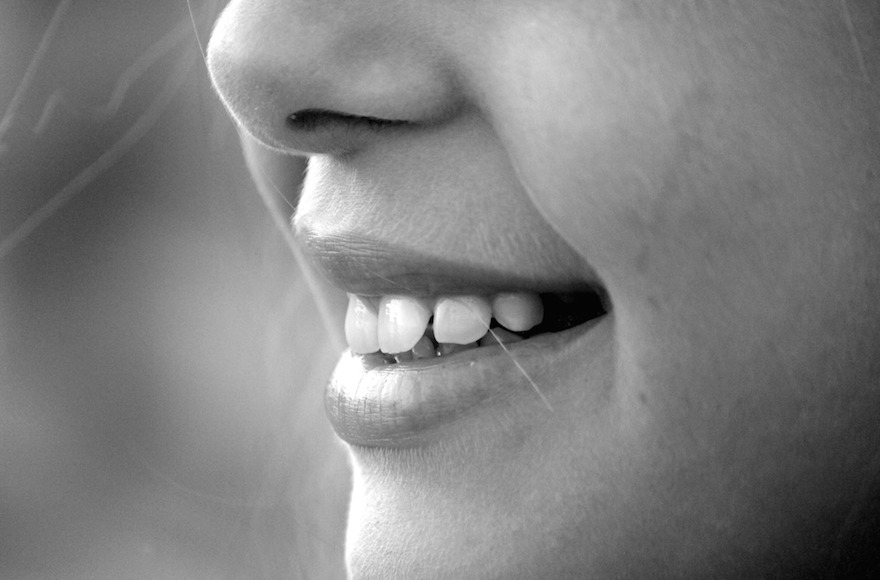JERUSALEM (JTA) — Go ahead, put on a happy face. Just don’t expect it to make you look any younger.
A study by Israeli researchers concluded that smiling does not make you look younger, spoiling a popular perception.
People who smile at others are perceived as being older than those with a neutral or surprised expression, a Ben-Gurion University of the Negev study found.
The findings were published in the May 8 edition of Psychonomic Bulletin and Review, the university said in a statement.
In a series of experiments, 40 Ben-Gurion University students were shown images of people and asked to rank them from oldest to youngest. The study participants were shown pictures of smiling faces, neutral expressions and surprised looks. They ranked the smiling faces as the oldest, followed by neutral expressions and surprised expressions as the youngest.
Asked to recall their reactions after the experiment, the students erroneously remembered identifying smiling faces as being younger than neutral ones.
“Popular media promotes the idea that smiling makes you look younger,” Tzvi Ganel, head of the Laboratory for Visual Perception and Action in the university’s Department of Psychology, said in a statement. “Look at all of the smiling faces in skincare and dental ads. How many of us post smiling faces on social media?”
The researchers believe that smiling makes a person look older because of the wrinkle lines that form around the eyes. A surprised face, however, lifts and pulls the skin backward, smoothing any potential age-related wrinkles.
JTA has documented Jewish history in real-time for over a century. Keep our journalism strong by joining us in supporting independent, award-winning reporting.






